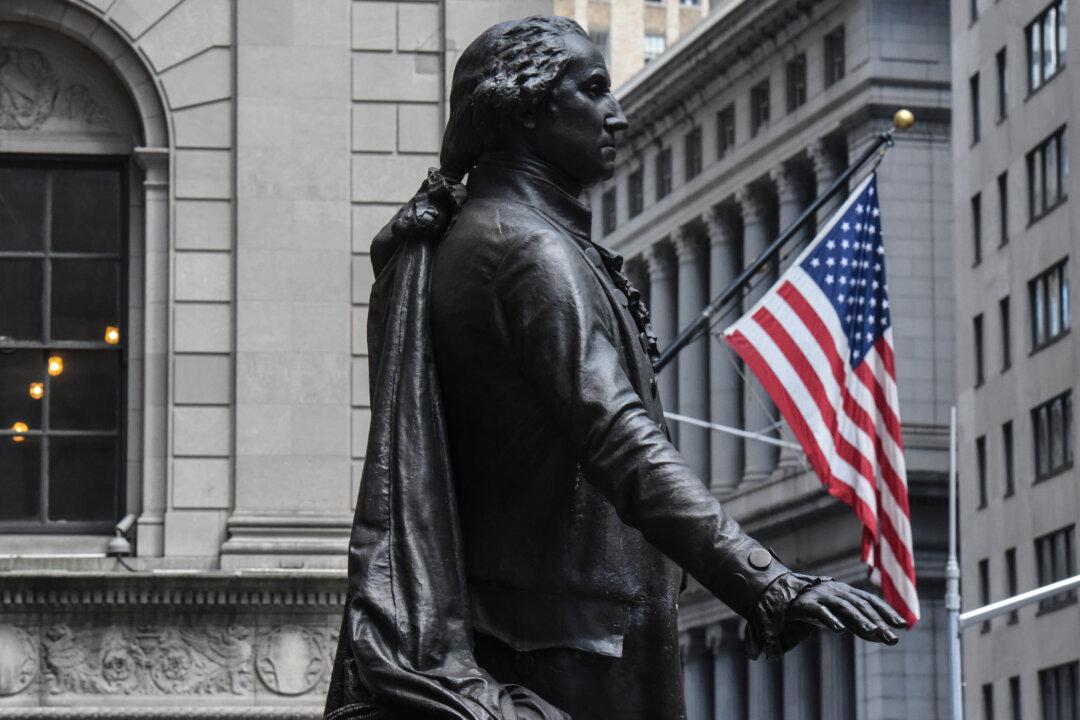This year, Feb. 22 marks the 290th anniversary of President George Washington’s birth. The Founding Father of the nation is often remembered as a great military leader and statesman, but little is known about his business ventures and innovations.
Washington was not only the first president of the United States, but he was also the country’s “first entrepreneur,” according to historians who have extensively studied his business dealings.





